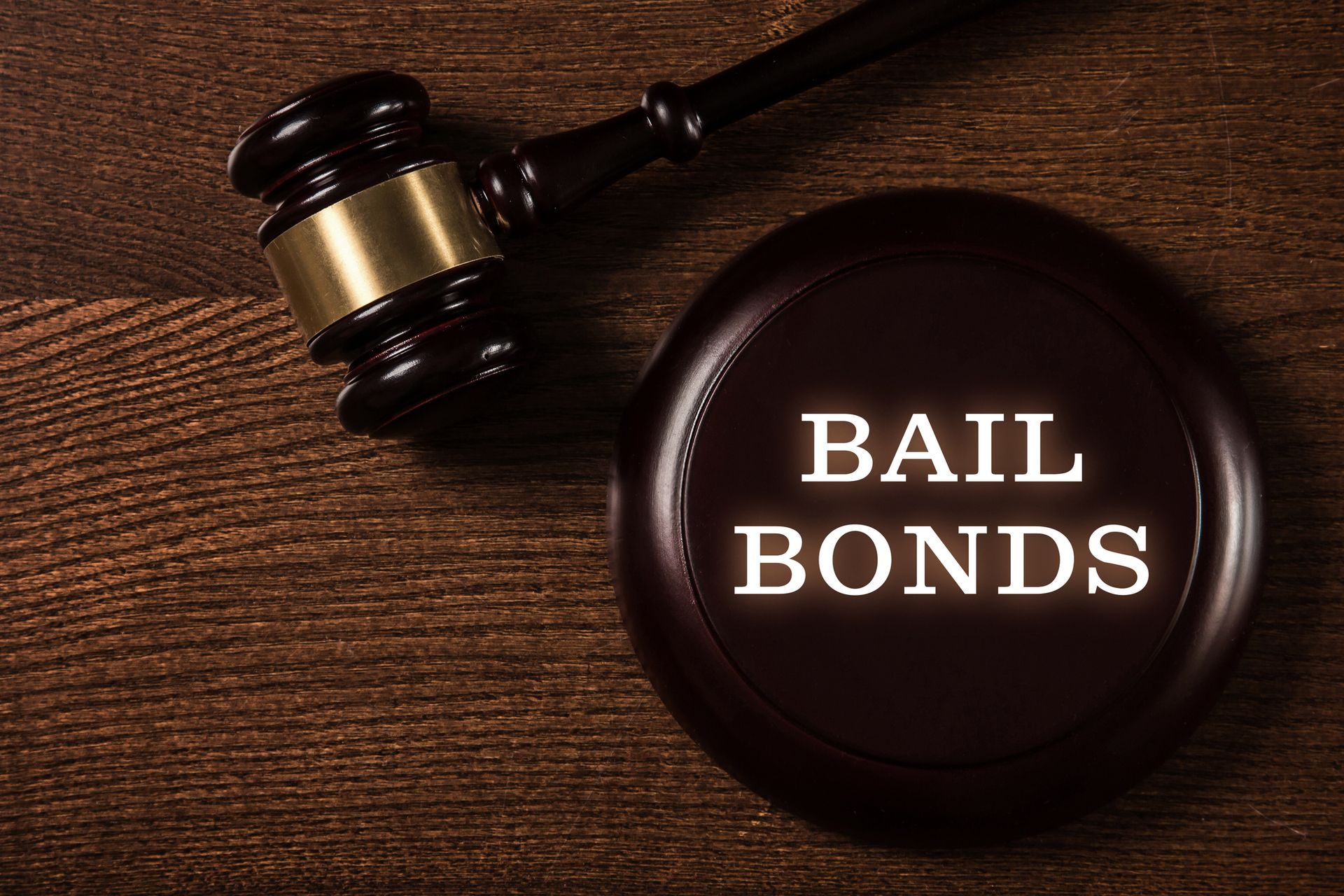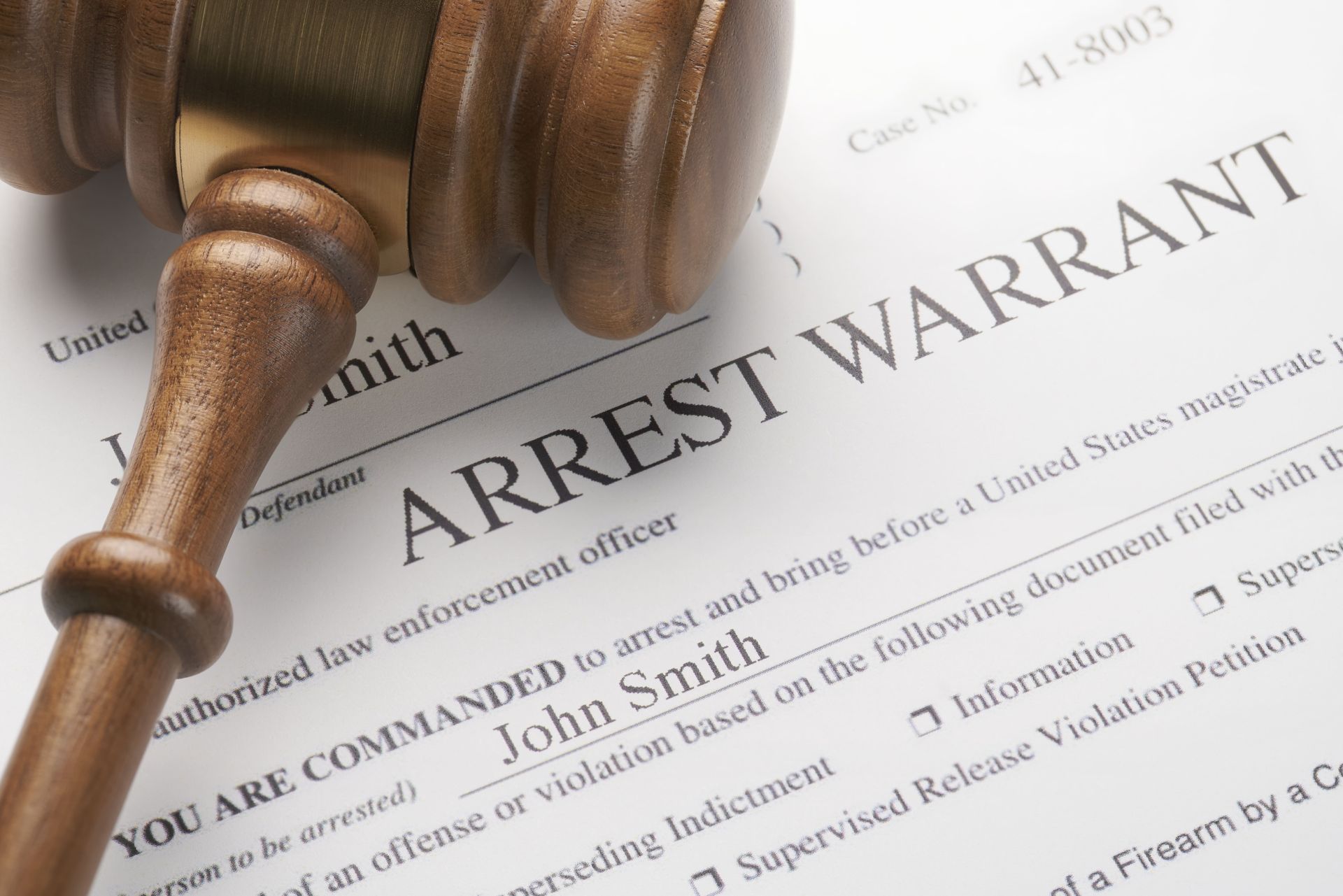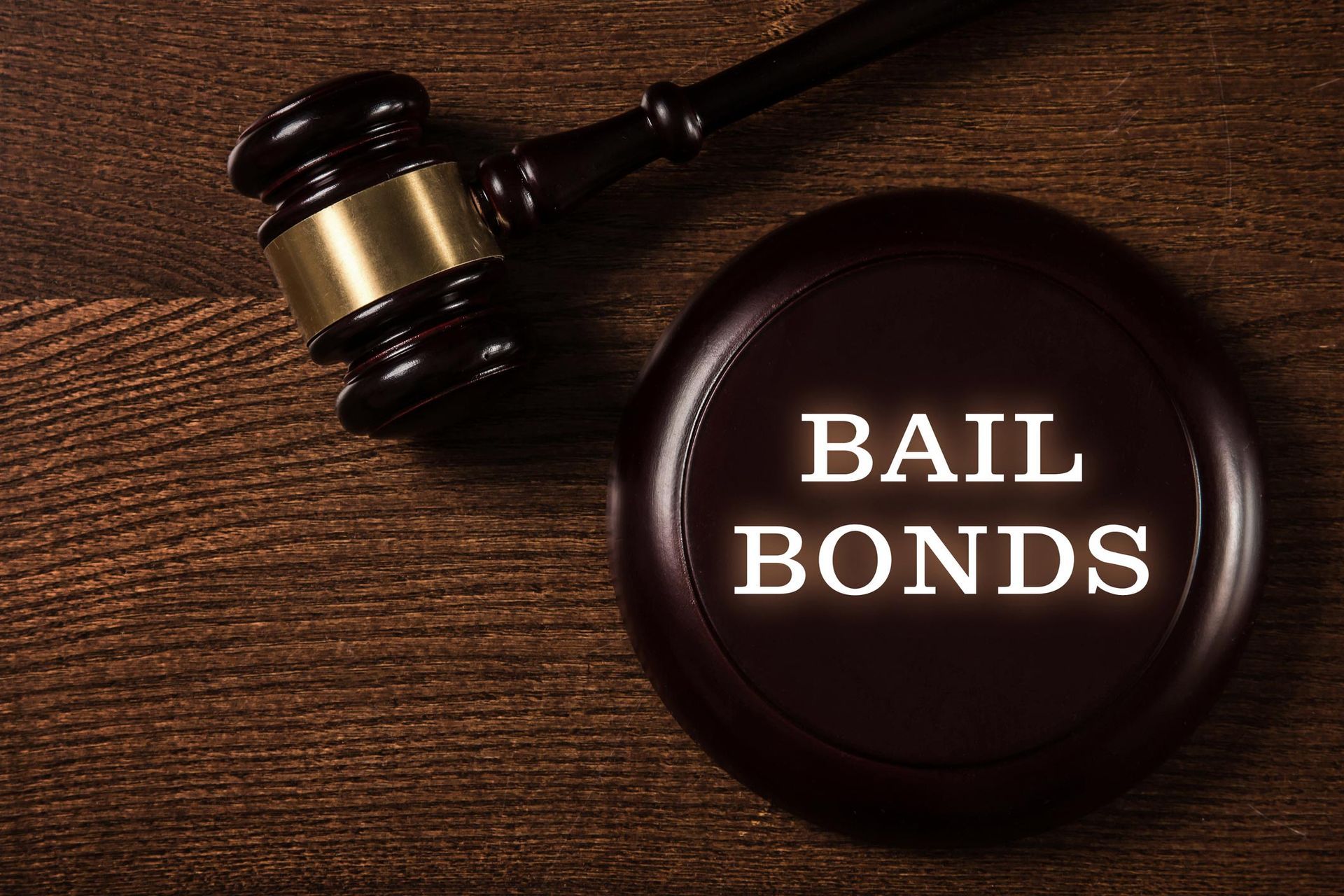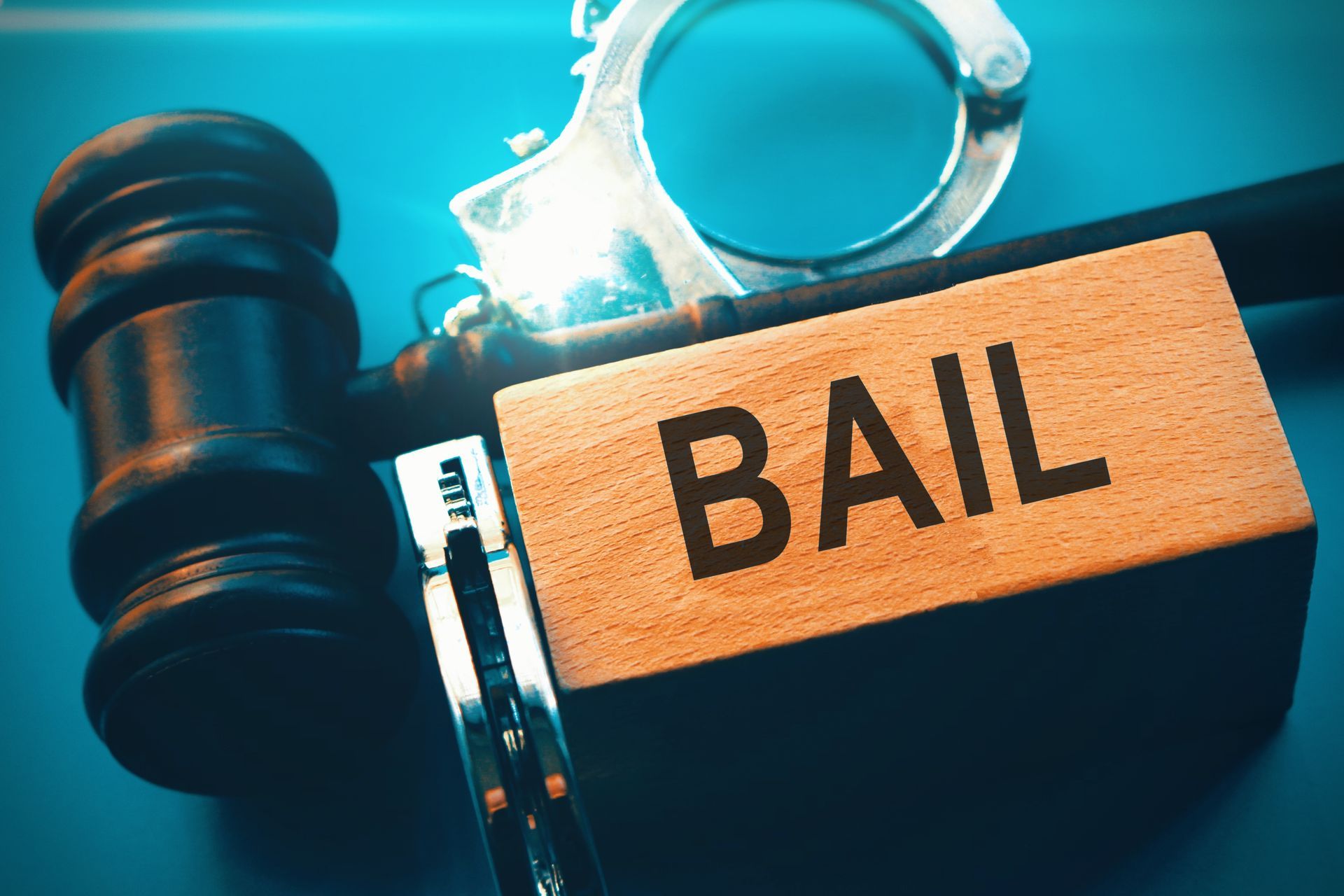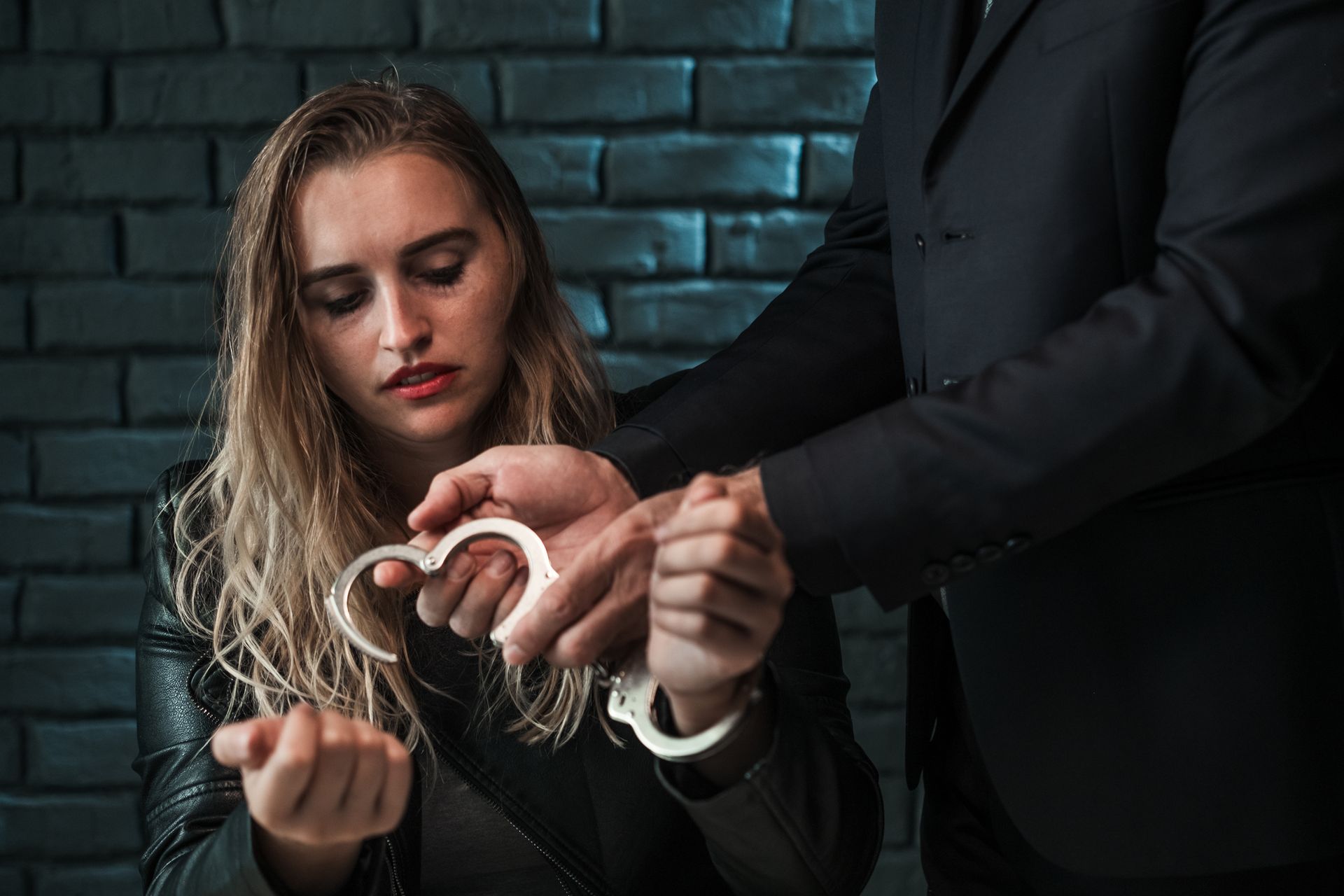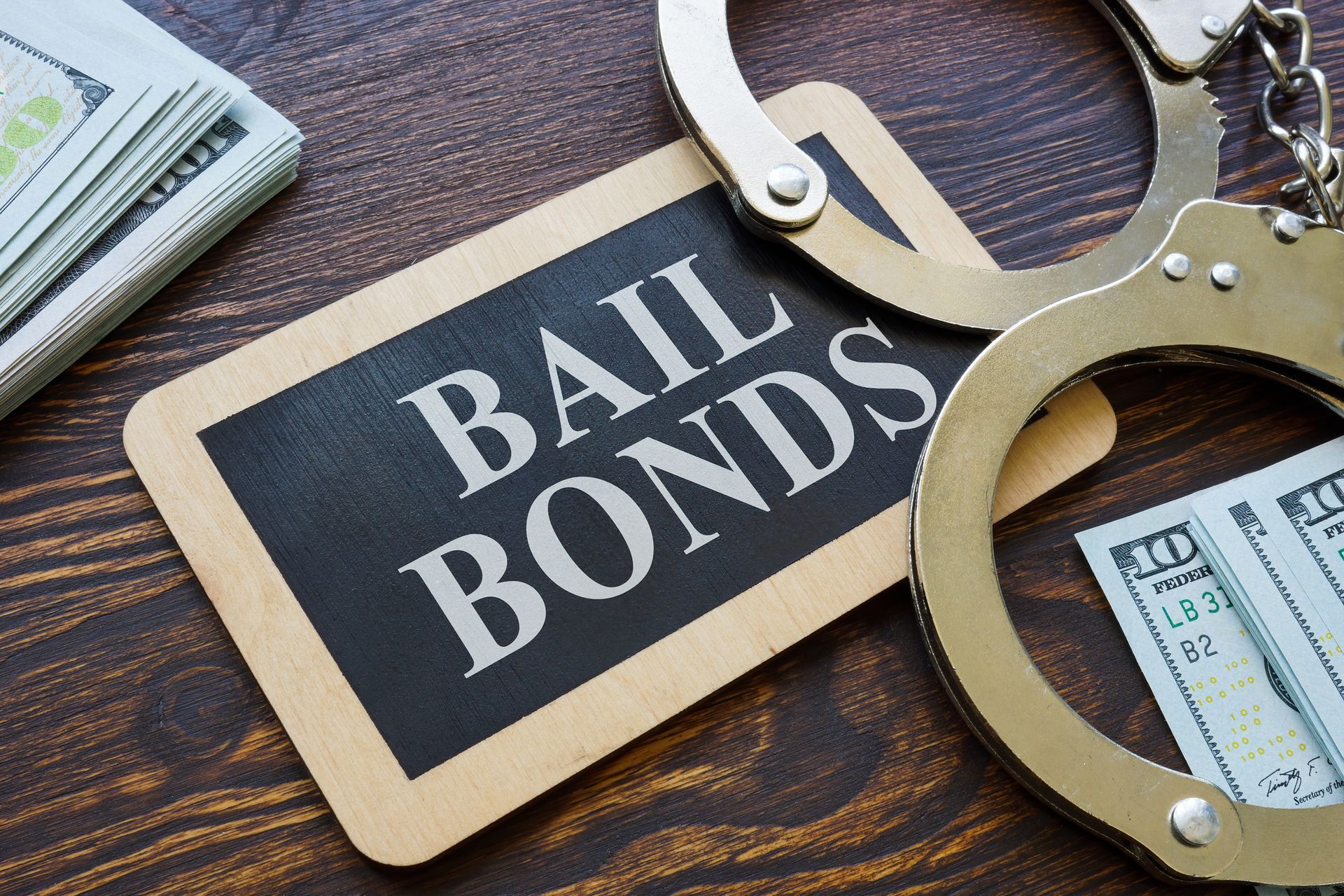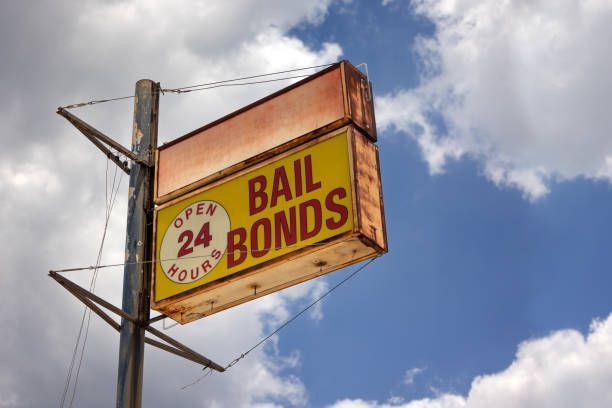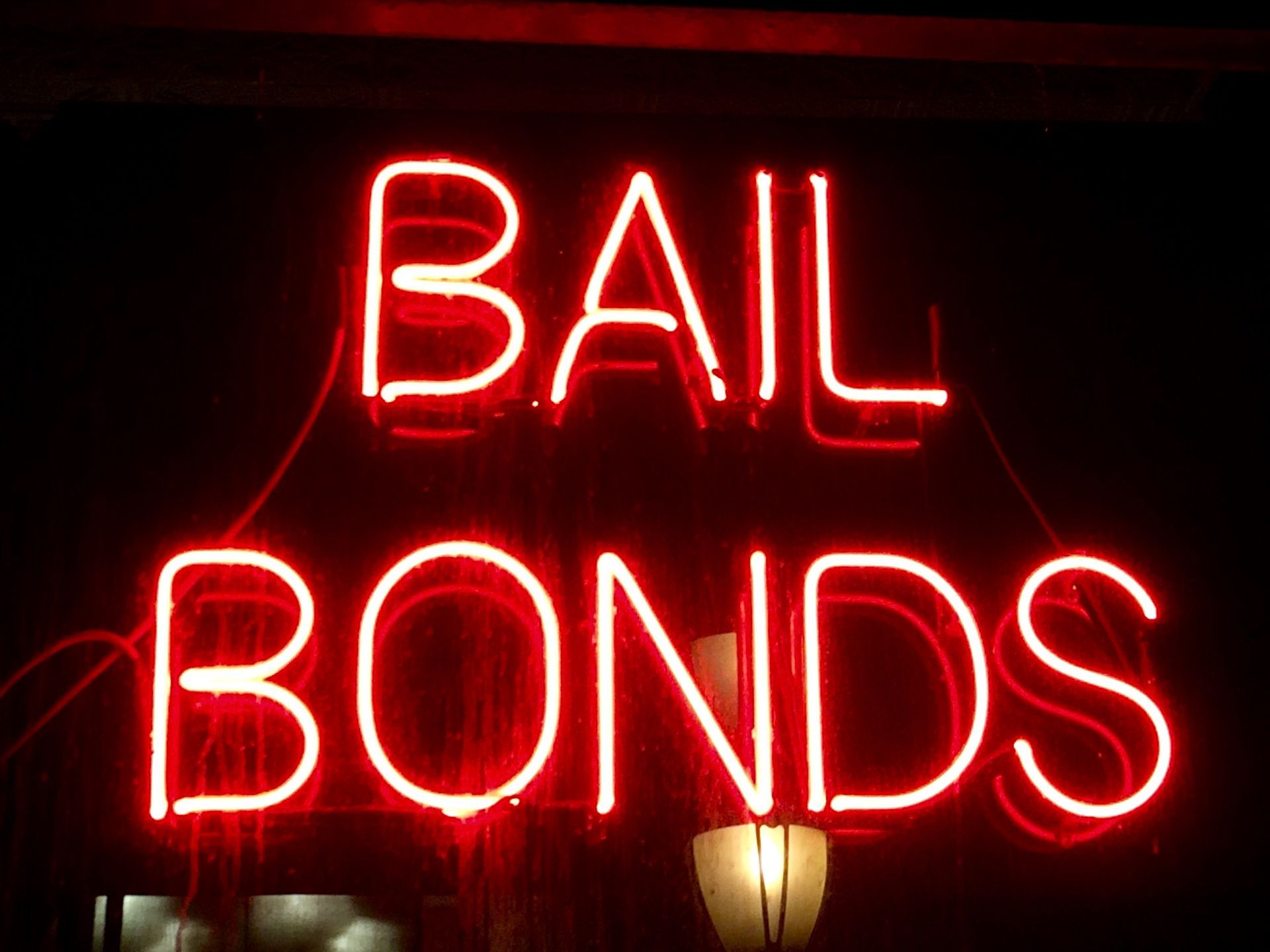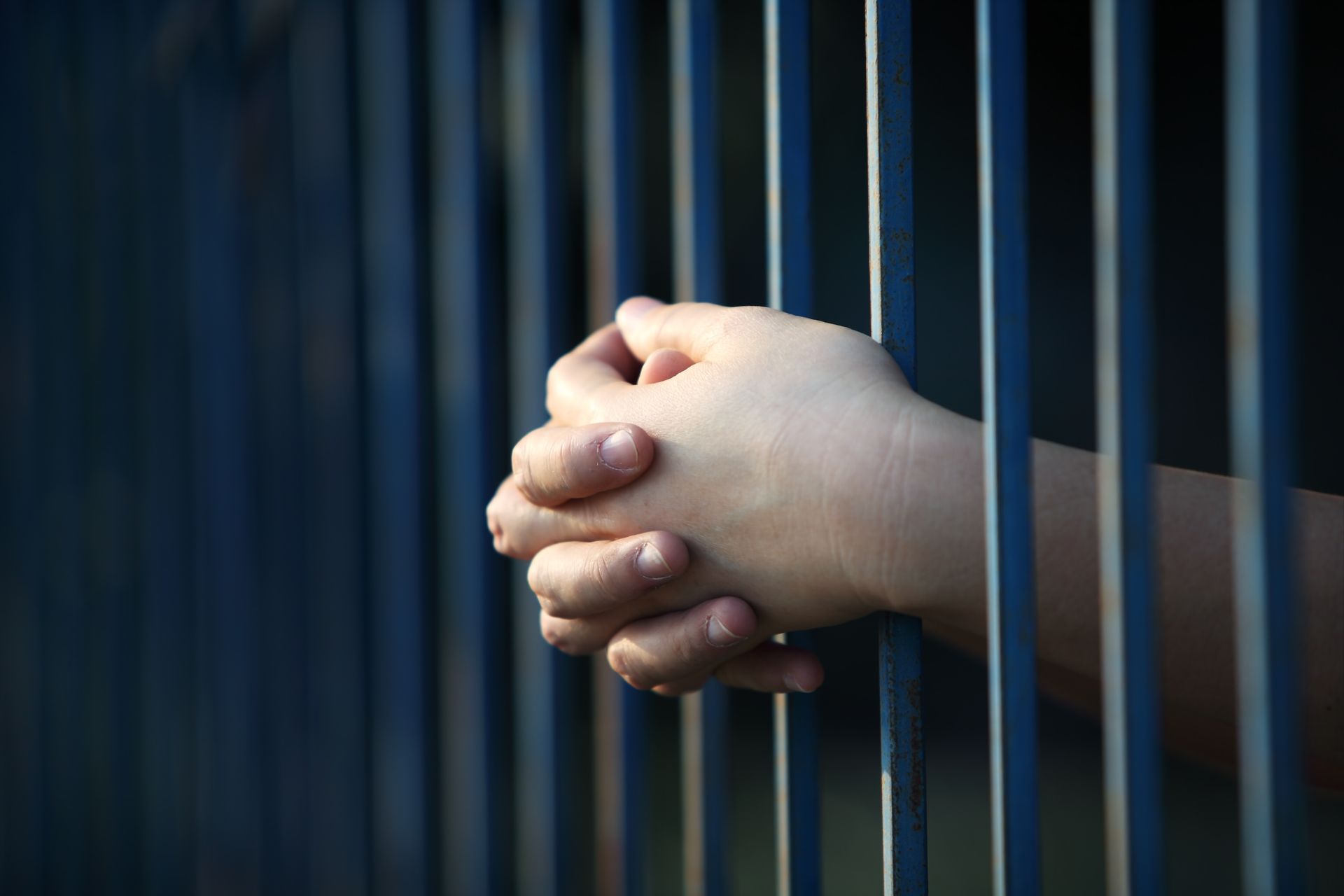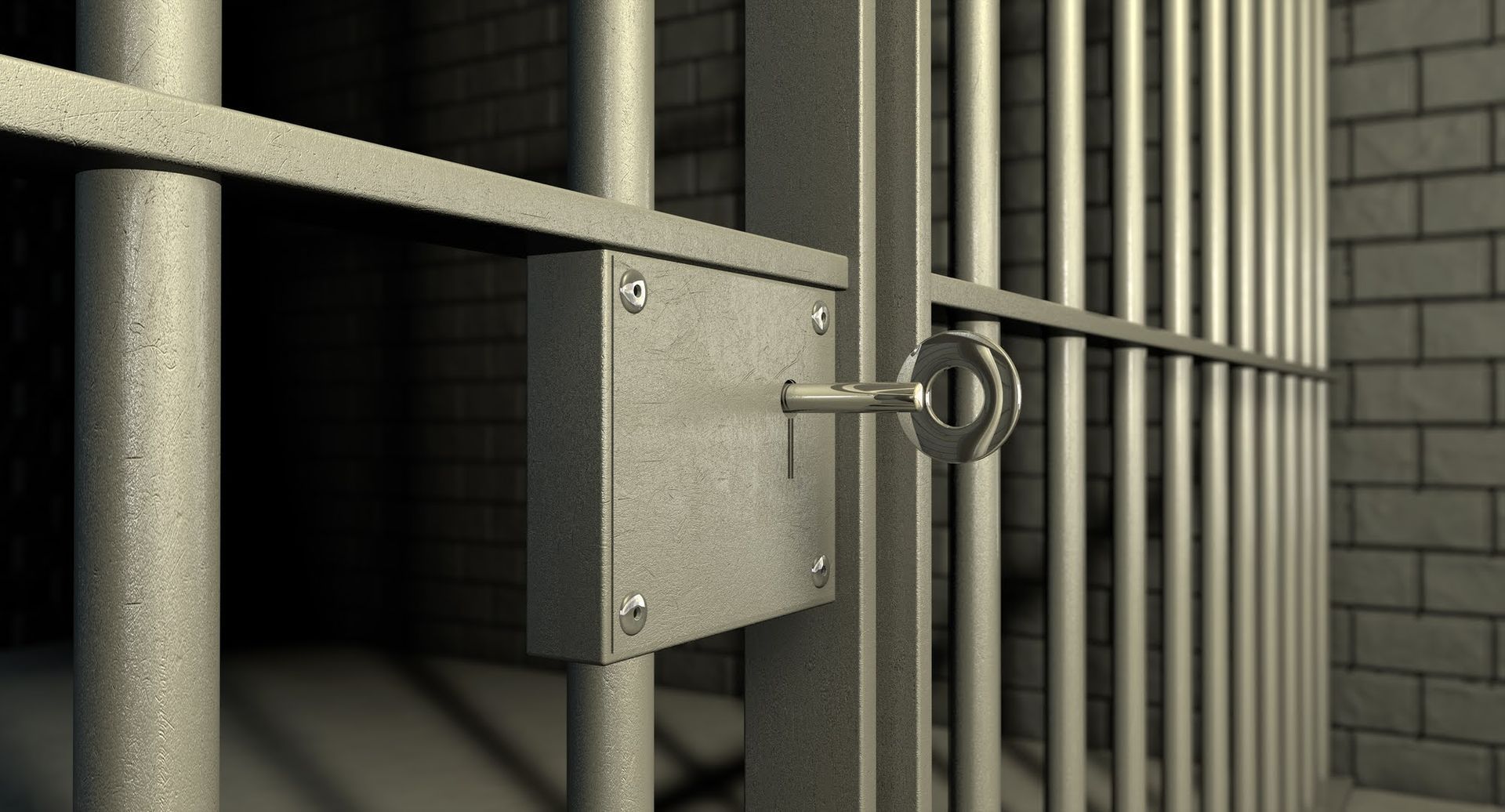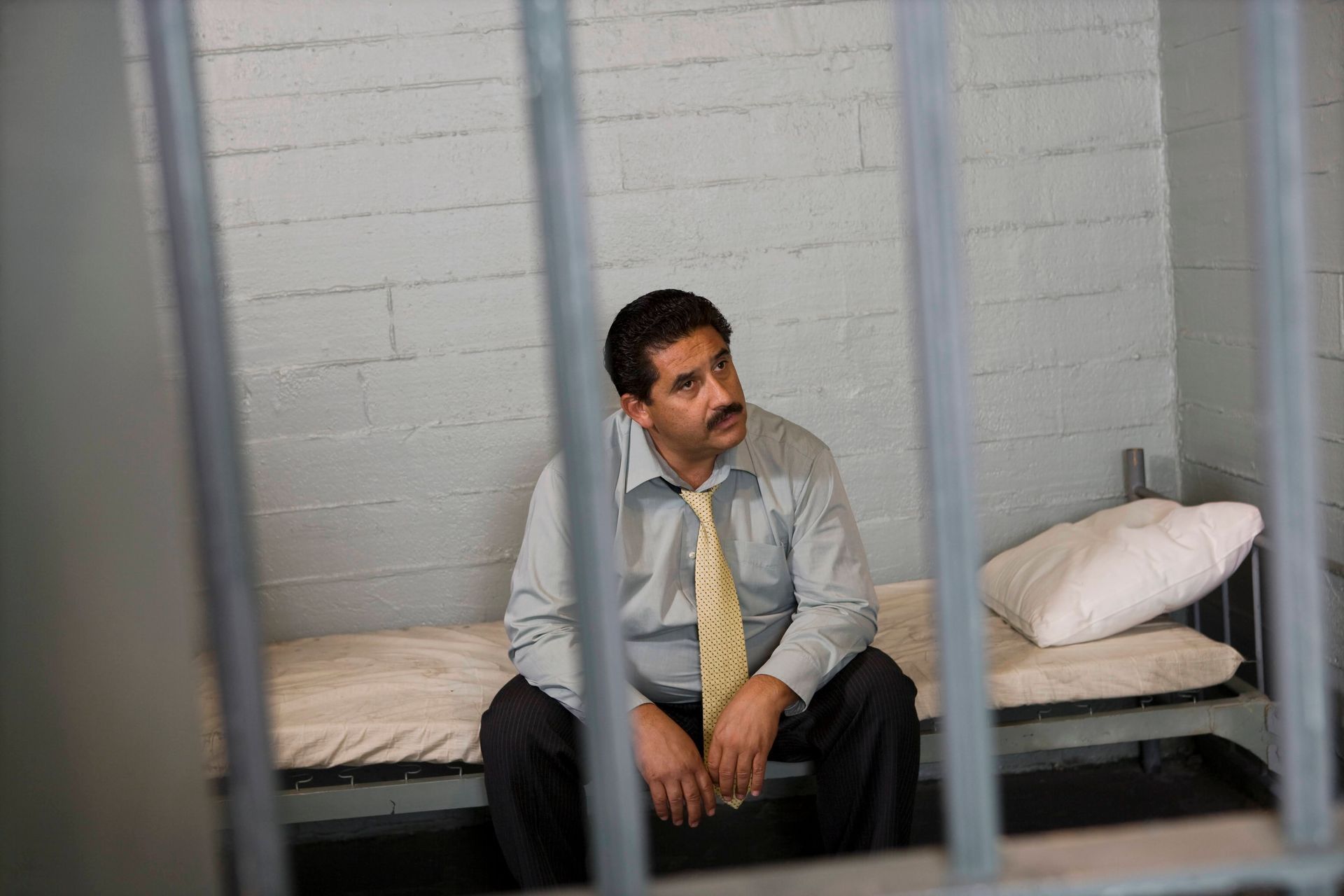FAQs About DWI and Bail Bonds in Minnesota
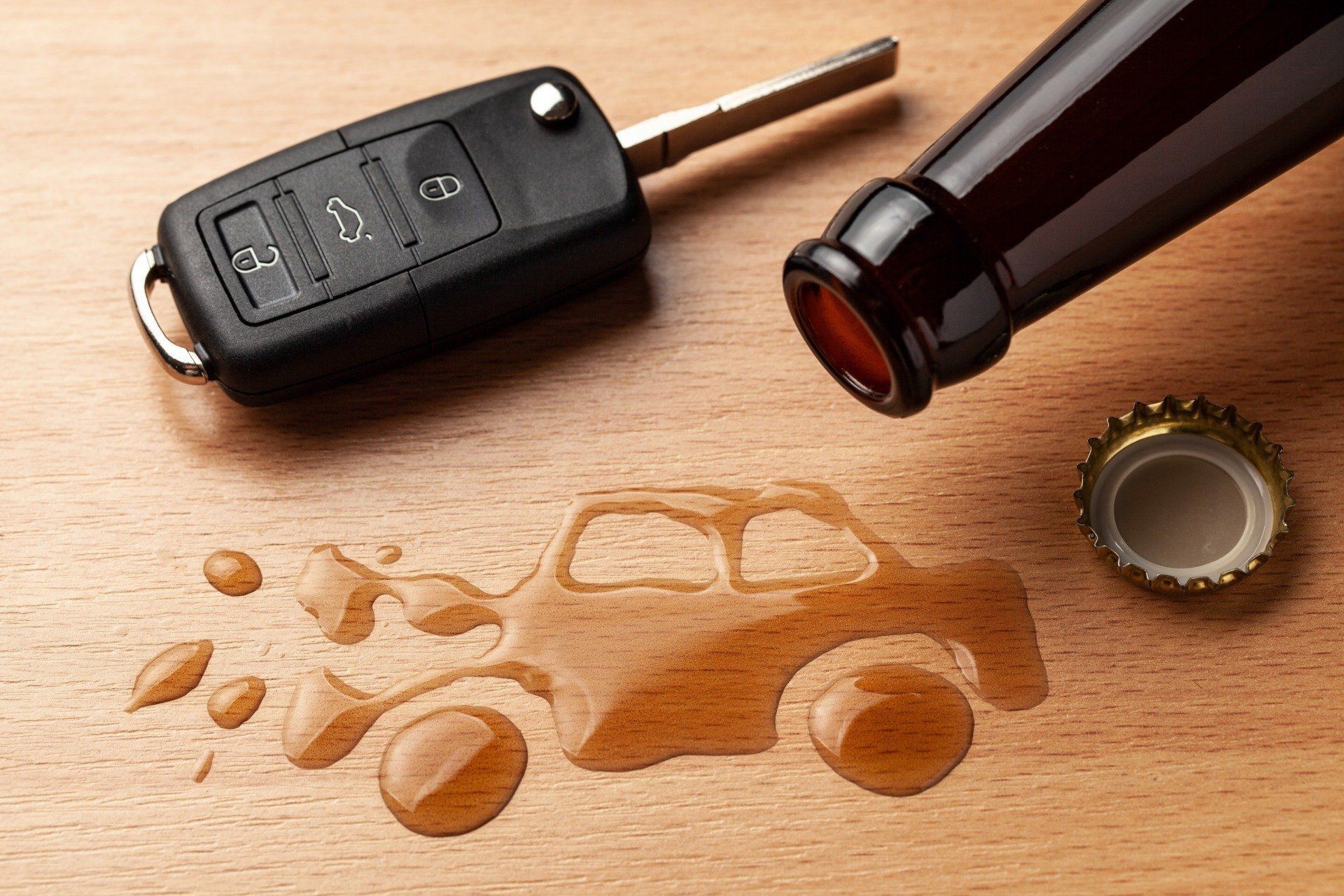
Was a friend or family member recently arrested for DWI in Minnesota? Your loved one needs help — and doesn't want to stay in jail longer than they have to. If someone close to you was driving while intoxicated, take a look at what you need to know about Minnesota's DWI laws, the arrest process, and bail bonds.
What Is DWI in Minnesota?
DWI stands for driving while intoxicated. Minnesota, like every other state, has laws that specifically address impaired driving. According to the state's Office of Traffic Safety, 0.08 is the legal alcohol concentration limit for divers in Minnesota.
A motorist who has an alcohol concentration higher than this limit could face a DWI arrest and the penalties that follow. The Office of Traffic Safety notes that the consequences of DWI vary depending on the driver and the situation surrounding their arrest. A first-time DWI offender could face jail time, the loss of their driver's license, and costs of up to $20,000. These costs include fines and legal fees.
A misdemeanor offense (alcohol concentration between 0.08 and 0.16) could result in 90 days in jail and/or a fine of up to $1,000. Offenders with an alcohol concentration above 0.16 could face gross misdemeanor charges with one year in jail and a fine of up to $3,000. These penalties are higher if a child is in the car with the driver. Fourth-time offenders at any alcohol-concentration level can face felony charges with seven years of jail time and up to $14,000 in fines.
Along with jail time and fines/fees, DWI offenders may also need to use an ignition interlock to reduce the likelihood of driving while intoxicated again. The driver will need to blow into this device to unlock the car's ignition. The period of time for this driving requirement varies by offender and offense.
A first-time offender who has an alcohol concentration of 0.16, or twice the legal limit, and second-time offenders may have to use this device for one to two years following their arrest. Offenders with three or more DWI arrests within 10 years will need to use the device for between three and six years.
What Happens After a DWI Arrest in Minnesota?
After the police pull over the driver, they will ask them to complete an alcohol-concentration level test. This helps to determine the extent of the offense. If the driver refuses the test, they could face a gross misdemeanor charge. This charge carries a potential jail sentence of one year and up to $3,000 in fines.
Minnesota's Implied Consent Law gives the arresting officer the right to require a chemical breath test. All drivers in the state, under Minnesota law, automatically give their implied consent to this type of testing if they want to operate a motor vehicle.
The police officer will not need to provide a warrant to test a driver’s breath. However, the officer will need a warrant if they want the alleged offender to provide either a urine or blood sample for alcohol or substance testing.
Alleged offenders arrested in the state who don't already have a warrant must have a hearing within 48 hours, per Minnesota's laws. This is not the DWI offender’s final hearing. Instead of a sentence or ruling, the judge will decide and name the conditions of the DWI offender's release. This includes the bail amount, travel restrictions, or other conditions the judge feels are necessary, such as supervision.
How Much Is Bail for a DWI Charge?
The total amount of bail could vary, depending on the charge and number of past offenses. Minnesota law dictates and limits the amount of bail a judge can set at a hearing. Misdemeanor and gross misdemeanor charges typically include a bail amount that doesn't exceed two times the maximum fine. Some more serious DWI offenses may fall under an exception rule. This allows the judge to set a higher bail amount.
Will the DWI Offender Need a Bail Bond?
If your loved one doesn't want to stay in jail after their arrest, they will need a bail bond. The State Court Administrator's Office approves bond agents and bond agencies that provide this service. Approved agents and agencies may issue bail bonds in any Minnesota district court.
Why Would a DWI Offender Need a Bail Bond?
It isn't always easy to pay the full bail amount. If your friend or family member doesn't have money saved, they may not have the cash on-hand to pay the fee. Instead of borrowing money directly from you, they could use a bail bond agency.
Provided the offender returns to court for their hearing date, the state will refund the bail amount. If you choose to use a bail bond service, the agent or company may charge a percentage fee. In Minnesota, bail bond agents can charge customers up to ten percent of the total bail amount.
Does your loved one need a bail bond? Contact Absolute Bail Bonds for more information.
